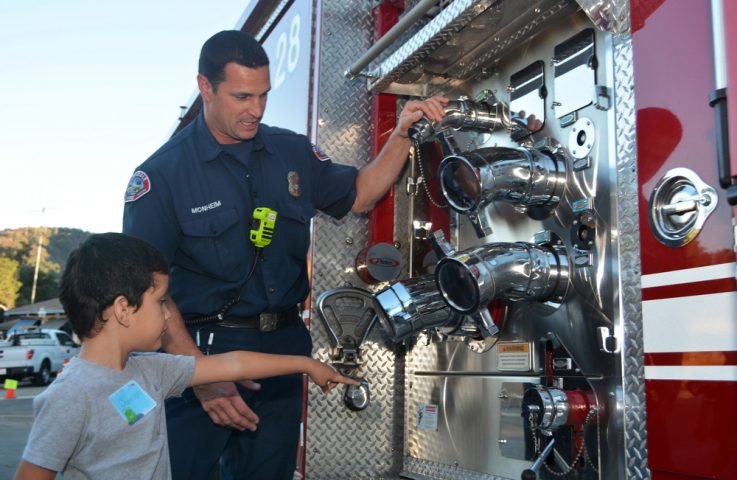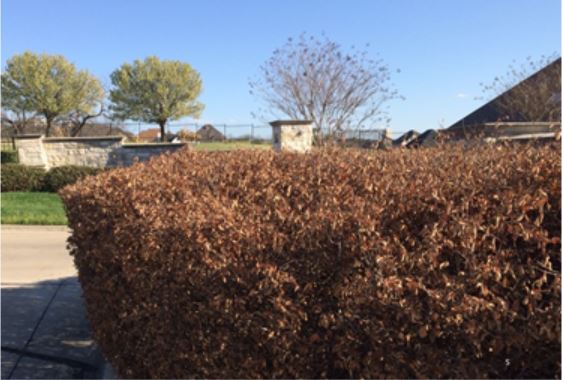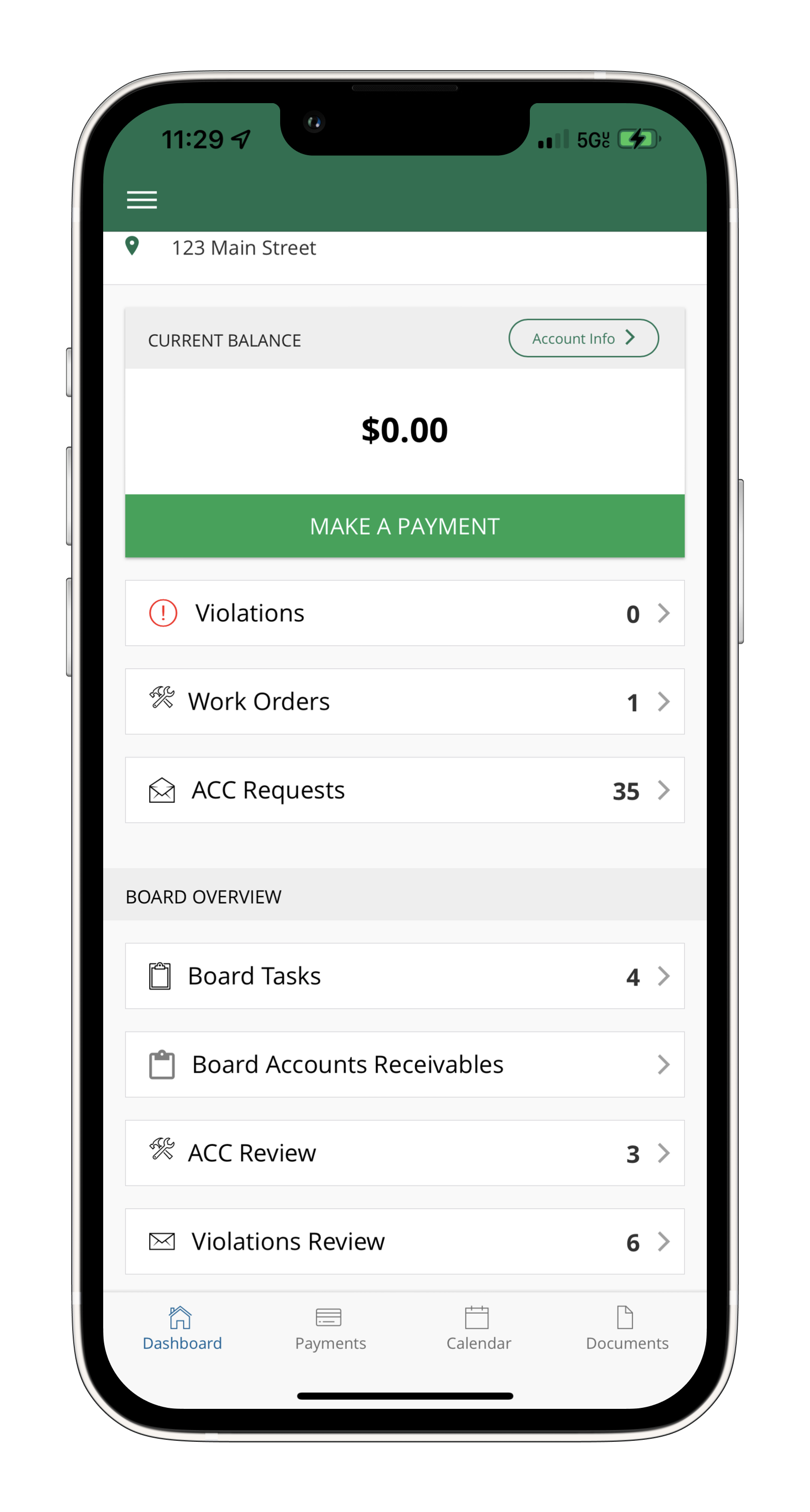
CMA Is Selected to Serve the Waterscape Community
January 17, 2019
Think Out of the Box to Encourage Involvement
February 18, 2019
Community partnerships open doors of opportunity for all of your constituents and help you exert influence with key decision-makers in order to positively impact your neighborhood.
Your homeowners choose to live in your community for several important reasons:
- Location and proximity to work and other community features, including shopping, restaurants, community centers, religious centers, parks and recreation, and sports and entertainment venues
- Quality of local school districts
- Community resources
- The home, property, and community
Given these reasons, it is vital that your HOA looks beyond the neighborhood itself to deliver on these expectations. City and county officials, both elected and appointed, make decisions in jurisdictions which influence your community’s property values and quality of life. Building relationships between your community and the surrounding municipality should be a goal of association leaders.
How can you form relationships and eventually exert influence with key decision-makers in order to positively impact your neighborhood?
- Get to know the officials and influencers. Each community within a municipality serves its members by working with the local power structure, understanding the leadership dynamics, and building relationships. Learn about and meet with the key decision-makers and influencers who are in local civic activities, in bringing in community resources and businesses, and in the school systems. An association manager should have these contacts, and can introduce a new board to them. When you meet, talk about the concerns of your homeowners and residents and advocate for them, as well as offering your knowledge and expertise to help them in their roles.
- Attend local council meetings. Attend PTA meetings, zoning board meetings, Chamber of Commerce meetings and any others that will demonstrate your HOA’s commitment to improving the quality of life for your members. Remember, your members are also constituents of other parties, and your members’ interests are best served when their representatives collaborate.
- Seek opportunities to collaborate and make a difference. Lend your expertise, or that of other board members to community initiatives that can make a difference in your residents’ quality of life. Local politics is to some degree, an informal system of reciprocity. Give, and when your community is in need, it will be easier to get the right assistance.
- Develop a list of key municipal, city, and county department contacts. This list should be disseminated to your board members, community manager, volunteers, and all of your homeowners. Include a letter encouraging each stakeholder to take a vested interest in learning about how things get done, developing relationships, and taking action when necessary. The message is, “This isn’t just your HOA; it’s the broader community.”
- Police & Fire Departments – Not only will they attend Neighborhood Night Out, but they can also partner with your neighborhood crime watch volunteers to make this program more effective.
- Parks and Recreation Department – Advocate for your homeowners whose lifestyles would be improved by a thriving parks and recreation system.
- Neighborhood Partnership and Grants Programs – Identify projects which may be eligible for community grants, such as parks, hiking and biking trails, or clean- up of creek beds or roads.
- Municipal Zoning – Stay informed on issues including the impact of construction and placement of water and cellular towers, and be prepared to voice opposition and offer alternatives when necessary.
- Building Permits – Understand how permits are issued and be aware when any potential construction would adversely affect your community, so you can advocate for your residents before it is too late.
- Independent School District and Private/Charter Schools – Advocate for your homeowners’ concerns in bussing, pedestrian safety, law enforcement, security and other pertinent issues.
- Libraries and churches – These are often venues for annual meetings and town halls, or fundraising projects to support improvement initiatives.
- Roads – Keep your community informed about upcoming traffic and construction projects and the impact of these projects on getting around near your community.
- Sewer and Water – If limits on new sewer hook-ups or restrictions on water use are imposed, your POA can create awareness and compliance, lessen negative impacts, and seek variances, when appropriate.
Community partnerships open doors of opportunity for all of your constituents. For example, your HOA may sponsor charitable projects which benefit the greater community. Such projects build a sense of connection between your residents and the people who get things done in your municipality.
 Mike Lesku
Mike Lesku
Vice President of Onsite Operations, CMCA®, AMS®, PCAM®







